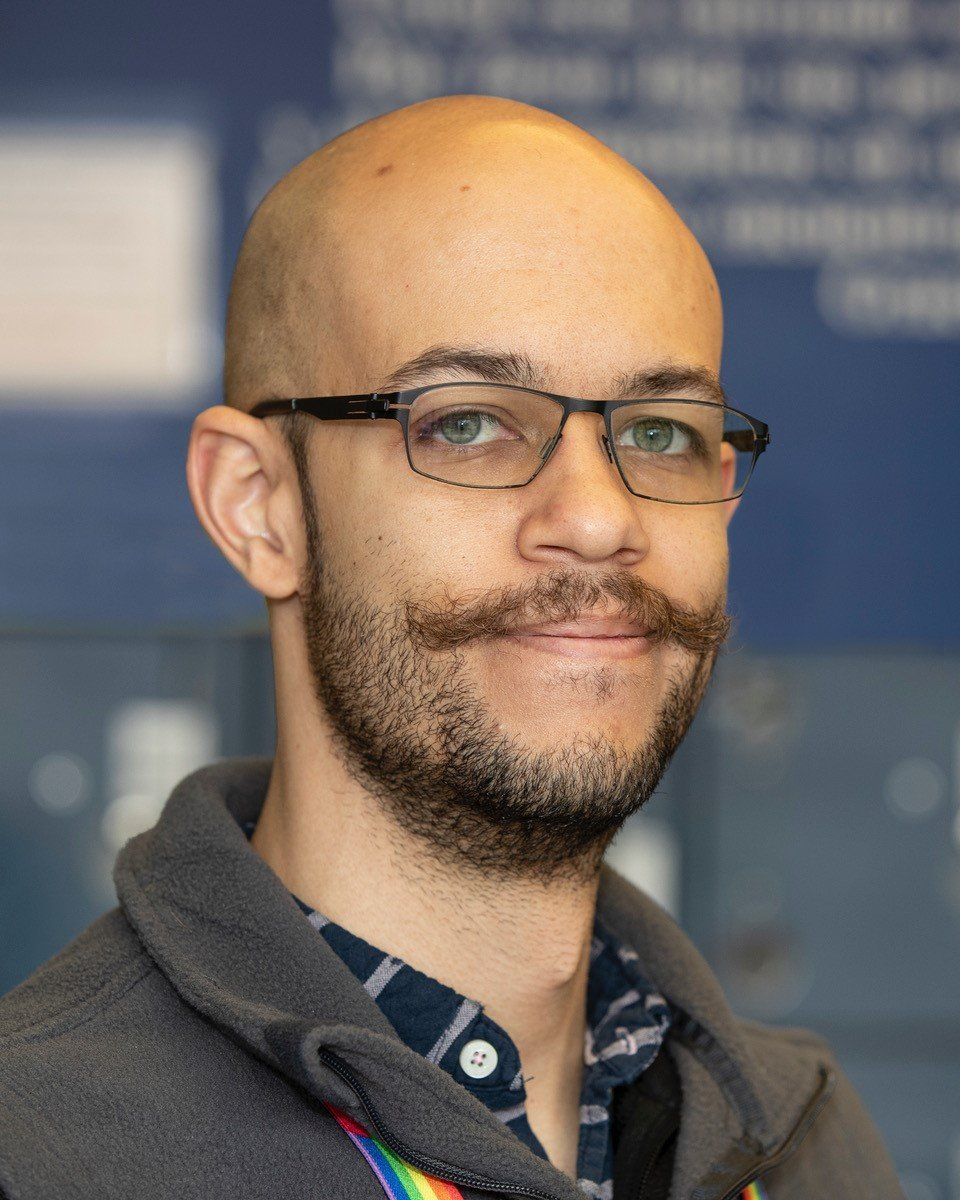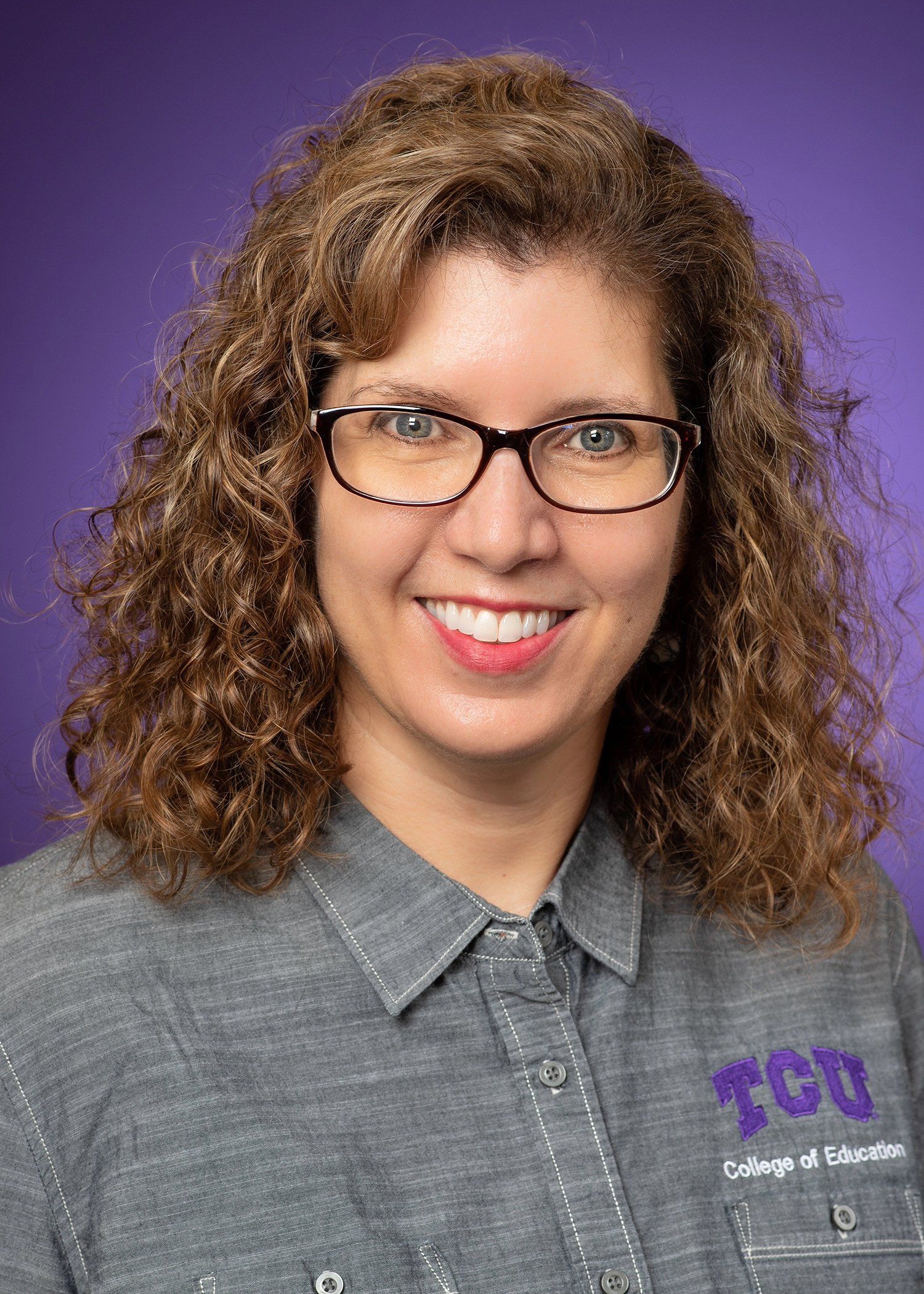OurMission & History
We are dedicated to foster the exchange of ideas and practices in the field of Solution-Focused Brief Therapy. We aim to to provide research awards, scholarships, and/or fellowships to further the development of the field of solution-focused brief therapy. We are committed to holding an annual conference.
Steve de Shazer, Insoo Kim Berg and 27 colleagues founded the Solution Focused Brief Therapy Association (SFBTA) in 2002. For the first few years, holding an annual conference became our foremost purpose. In 2007, SFBTA inherited all of Steve de Shazer's and Insoo Kim Berg's Brief Family Therapy Center materials and copyrights for providing stewardship to Insoo's and Steve’s legacy. The association is committed to supporting those who wish to cultivate new applications and take their mastery of SFBT to the highest level. To that end, in the spirit of the original founders meetings, we will continue to develop learning opportunities of quality.
Diversity & Inclusivity
In our mission to expand and further develop solution-focused brief therapy we realize the importance of both diversity and inclusivity. As an association, we recognize that our success is dependent upon the engagement, inclusion, and valuing of the rich diversity of all individuals. We acknowledge diversity as it relates to race, ethnicity, gender, sexual identity, veteran status, religious affiliation, nationality, political affiliation, and/or disability. We are committed to treating all individuals and groups with dignity and respect. We are an association community that values diversity and we strive to be inclusive.
Our Board
The members of our volunteer board of directors are thought leaders who have made a significant contribution to our mission. Each one brings a unique set of skills and expertise to our organization.
Amanda Bushek,President
(she, her, hers)
Amanda Bushek, LPC, LAC, MAC resides near Boulder, Colorado. She works in direct service, supervision, team building, training, consulting, strategy, management, and leadership development. Amanda is known for her energy, zest for life, and dedication toward her work and family. She has successfully applied SF within the most difficult circumstances and sets a high standard for quality client care. Amanda demonstrates how incorporating the SF framework can efficiently improve outcomes and increase staff resiliency.
Elliott Connie,
Vice President
(he, him, his)
Elliott Connie, MA, LPC, is a Texas-based psychotherapist in private practice and the founder/director of The Solution-Focused University, an online learning community that trains and provides resources for professionals who want to master the Solution Focused approach in their work. Over the course of his 15-year clinical career, Elliott has successfully worked with thousands of individuals, couples, and families using a solution-focused model to help them achieve their desired outcomes. He is an experienced author and speaker who has gained international recognition for training hundreds of practitioners throughout the United States, Australia, Europe and Asia on the solution-focused treatment model.
Victoria S. Grey, Secretary
(they, them, theirs)
Victoria S. Grey, MSW, currently resides in Boulder, Colorado and works as a forensic clinician providing direct services to incarcerated persons as part of Boulder County’s Community Justice Services division. They have particular interest in policy analysis and also serve as a member of the Boulder County Community Services Cultural Responsiveness and Inclusion team to develop and implement anti-racist, equitable policy. Victoria’s hope is to continue to utilize and expand the usage of solution-focused tools in both direct therapeutic work and policy work to support the creation of more inclusive, effective, and compassionate societies.
Christopher Richmond,Treasurer
(he, him, his)
Christopher James Richmond, Ph.D., LP, LMFT, serves as Professor and University Counselor at Ferris State University in Big Rapids, Michigan. Chris is a Licensed Psychologist (LP) and Licensed Marriage and Family Therapist (LMFT). He has presented a variety of solution-focused brief therapy (SFBT) topics at various national conferences. He has also published in professional journals in the area of SFBT. Chris enjoys sharing the world of SFBT to others through teaching, training and supervision.
Keiko Yoneyama-Sims Board Member
(she, her, hers)
Keiko Yoneyama-Sims, MS, LMFT is a founder of Small Steps Count Counseling in Denver, Colorado. She passionately works with mothers who are struggling with Postpartum Mood and Anxiety Disorders and other adjustment issues since 2012. She enjoys teaching SFBT at the University of Denver and supervising MFT candidates. Keiko translated SF Agenda Notebook into Japanese. She presents at various conferences regularly on the use of SFBT with parents in postpartum. Keiko hopes that SFBT, hopeful and empowering approach to life, will expand its applications and develop to bring the outcome that people want, so that the world becomes kinder and more peaceful place.
Marcella StarkBoard Member
(she, her, hers)
Dr. Marcella Stark is an Associate Professor of Counseling at Texas Christian University in Fort Worth, Texas, USA. She holds licensure in Texas as a Licensed Professional Counselor and board-approved supervisor. Her research focuses on solution-focused supervision, applications of the solution-focused approach, counselor training, and mentoring within the counseling profession. Before beginning her career in academia, she provided counseling in college and university settings. She previously served SFBTA as a Board member, Secretary, and committee member, and she is excited to continue her work with the Association, both on the Board and with the Association’s EDI committee.
Matthew L. SchwartzBoard Member
(he, him, his)
Matthew L. Schwartz, LCSW, MBA, CFSW is a Solution Focused Brief Therapist and Certified Financial Social Worker in Buffalo, New York. Matthew is presently working on his Doctor of Social Work degree at the University at Buffalo School of Social Work where he is also an instructor in the Undergraduate Social Work Minor. Matthew is the Executive Director of The Listening Post, an SFBT center for people to be heard, with no agenda but theirs. Matthew's writing, research, and podcast can be found at his academic website,
SocialWorkDesk.net
desk@socialworkdesk.net
Jay ValusekBoard Member
(he, him, his)
Jay E. Valusek, MS, MEd, CPPC is a solution-focused health coach, educator and psychotherapist in private practice in Longmont, Colorado. Currently, he is on sabbatical writing a book about his daughter, Beth, who died by suicide in 2018. Previously, he was on staff at Longmont United Hospital as a chronic pain self-management specialist, seeing patients referred by primary care physicians and nurses in the hospital. He received more than $68,000 in grants to fund a novel solution-focused pain management program he developed for low-income patients, as an alternative to opioids. His primary focus today is on social pain and suicide bereavement.
jayvalusek@gmail.com
Cami Boyer, Board Member
(she, her, hers)
Cami Boyer, LPC, MAC, MAC has been fortunate to be part of the Solution Focused community since starting her career in Denver, CO. She works as a Program Manager for Colorado Coalition for the Homeless and also has a private practice. She loves the energy that SFBT brings into the work and the examples of the wise souls who stay curious and continue to learn. She feels privileged to be part of this amazing community that has helped shape careers and goals of so many!
Dominik Godat, Board Member
(he, him, his)
Dominik Godat, lic.rer.pol, is the co-founder and partner of the Center for Solution Focused Leadership and Conversations in Switzerland. Dominik’s main topic is Solution Focus in leadership and organizations. He is author of the book and card series „Lösungen auf der Spur“ and teaches Solution Focused Leadership at the University of Applied Sciences in Lucerne. Together with his partner Elfie Czerny and their daughter, for 2 1/2 years he travelled Europe, the US and Canada with „SF on Tour“ and hosts the SIMPLY FOCUS podcast with the aim of spreading the word about Solution Focus and the variety of its applications and effectiveness all over the world. In 2018 he received the Steve de Shazer memorial award of the SFBTA for innovations in SFBT.
Member-ship & Leadership
Membership
- Everyone in attendance at the annual SFBTA conference will be considered a member of SFBTA until the next annual conference. Individuals may be members even if they do not wish to receive SFBTA-related emails.
- Members receive no benefits other than voting for board members at the annual conference and the privilege of saying that they are members.
- If someone would like to be considered a member of SFBTA but is unable to attend the conference, they may pay a $25 fee to be listed as a member until the next annual conference. No refunds will be issued, and no one attending the conference will receive a discount if they do not wish to be listed as a member.
Board of Directors
The Board consists of seven members (currently six members, one seat vacant), who are elected from the membership at the Members Meeting, held during the annual conference. (Note: This is a relatively new process which started in 2016; Board members from the old guard are rotating off to provide consistency.) Board members serve three-year terms and may be reelected for one additional term but may serve no more than two consecutive terms. Board members are expected to attend 9 of 11 monthly meetings and to attend the annual conference if at all possible. Duties include, but are not limited to, serving on one of the Association’s various committees, approving major expenditures, voting on any changes to bylaws, deciding on award winners, and responding to any concerns raised by members. Come to the annual conference in Las Vegas. Join the Membership Meeting and consider nominating yourself or someone else (who is present and gave permission) for a Board position - there are two seats up for election!
The offices of president, vice-president, secretary, and treasurer are filled by the seven Board members and are decided at the initial January meeting. These offices come with duties as follows:
- President – serves as chief executive officer of the Association, presides at all Board and Member meetings, appoints committees, approves all expenditures
- Vice-president – presides at meetings in the absence of the President, performs all duties of the President in the event she or he is unable to or refuses to act
- Secretary – keeps minutes and records of the Association, consults with Treasurer for reporting to state and federal government for purposes of maintaining non-profit status, keeps record of official correspondence, serves as custodian of records
- Treasurer- cares for money accounts, is authorized to sign checks for the Association, maintains responsibility for all funds and securities, receives and gives receipt for monies due and payable, maintains adequate and correct accounts of the Association’s assets, prepares financial statements, provides documents to state and federal government for purposes of maintaining non-profit status
Board Elections
A business meeting of the Association will be scheduled during the annual conference. In 2021, the members meeting will take place online after the online conference.
At the beginning of the meeting, at least two members will be elected to serve as the Elections Committee. The President will preside over this election with nominations from the floor following Robert’s Rules of order, two people to be elected by a plurality of votes. These individuals will then oversee Board elections. Members must be present to vote. Elections committee members may not stand for election, but may vote as members. The Elections committee will entertain nominations via Robert’s Rules of Order from the floor sufficient for each vacant Board position. Nominees must be present at the meeting. Names of nominees who agree to be nominated will be written in such a way to be apparent to all members attending the meeting.
Committees
Committees serve at the pleasure of the SFBTA Board of Directors. Committees are typically composed of a Chair, chosen by the President, plus additional members chosen by the Chair and approved by the Board. If you have strengths you wish to share, please reach out to the contact person for the committee that interests you.
Archive committee
– Serves as the official archive arm of BFTC and SFBTA; encourages archiving of SFBT materials, especially those related to BFTC; helps SFBTA serve as a clearinghouse for the archive of SFBT via its website; develops and recommends archive policies to the Board, including policies for access to archived materials and development of materials with potential commercial viability; provides archive materials and consultation to those interested in pursuing research in SFBT per Board-approved policies. Contact: Neal Sheeley nealmf@gmail.com
Conference Planning Committee
- works to ensure continuity conference to conference, works to locate future sites for the annual conference, and handles logistics at/during the conference. The Conference Planning Committee is different from the Conference Programming Committee which handles which events, workshops, keynotes etc. are featured at the conference. The Conference Planning Committee provides recommendations to the Board that support the Association’s efforts toward ensuring a meaningful, equitable, and accessible conference year to year. Contact: Matthew L. Schwartz, desk@socialworkdesk.net
Equity, Diversity & Inclusion committee
- gathers data from underrepresented groups within the solution-focused community; reviews Association’s existing and future initiatives regarding equity, diversity and inclusion; and provides recommendations to the Board that support the Association’s efforts toward ensuring equitable access to opportunities, benefits, and resources for all of its members. Contact: Marcella Stark m.stark@tcu.edu
Finance committee
- Monitor and report income and expenditures, including budgetary implications, monthly; prepare a basic annual financial report addressing the past as well as the upcoming budget for the board to review, approve and implement. Contact: Chris Richmond christopherrichmond@ferris.edu
IT committee
– Make recommendations to Board regarding Association’s website; maintain Association’s internet presence. Contact: Dominik Godat coaching@godat.ch
Research committee
- Serves as the official research arm of SFBTA; encourage research in SFBT; helps SFBTA serve as a clearinghouse for research in SFBT via its website; provides research materials and consultation to those interested in pursuing research in SFBT; maintains a state-of-the-art Treatment Manual, fidelity instrument, and other appropriate instruments and measures to be used by SFBT researchers; develops guidelines and make recommendations to the board for research awards. Contact: Johnny Kim johnny.kim@du.edu











